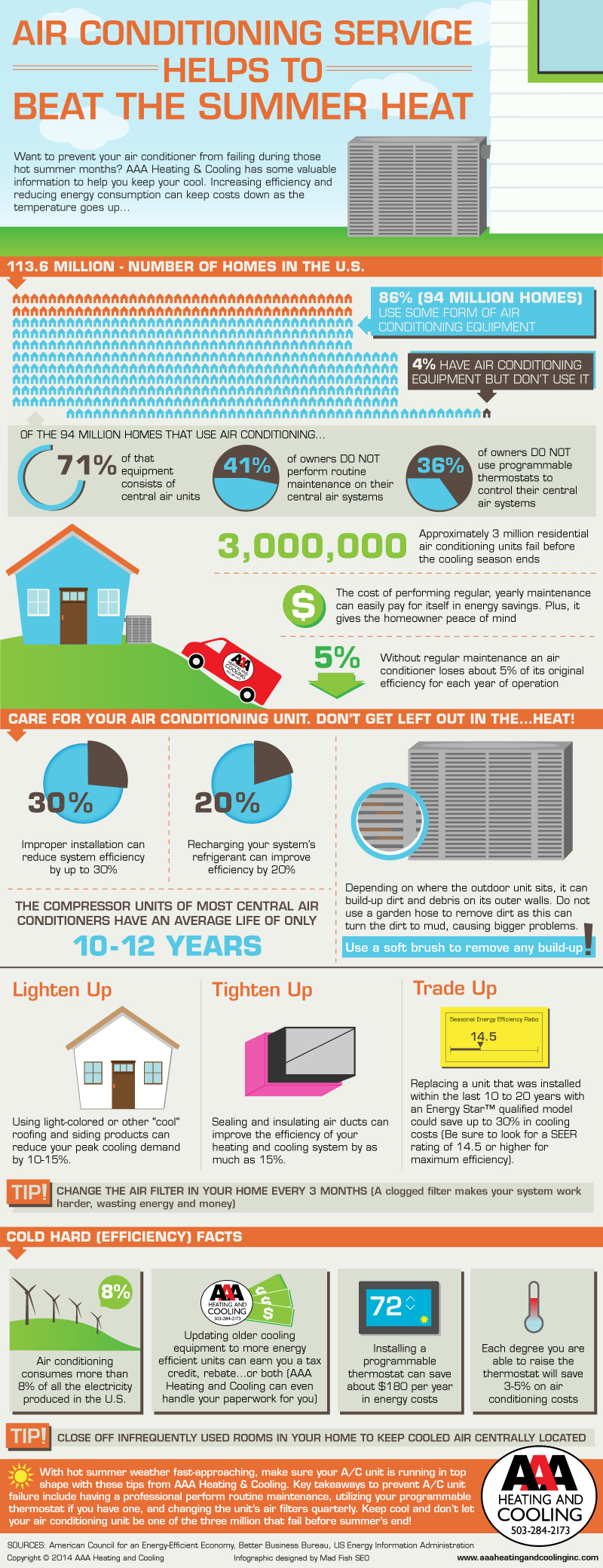The Future Of Home Home Heating - Exactly How Heatpump Innovation Is Evolving
The Future Of Home Home Heating - Exactly How Heatpump Innovation Is Evolving
Blog Article
Material Author-Fraser Oliver
Heatpump will certainly be an essential innovation for decarbonising home heating. In a circumstance consistent with federal governments' revealed power and climate dedications, their worldwide capacity doubles by 2030, while their share in heating rises to one-quarter.
They work best in well-insulated homes and count on power, which can be provided from an eco-friendly power grid. Technical advancements are making them much more reliable, smarter and cheaper.
Gas Cells
Heat pumps make use of a compressor, refrigerant, coils and fans to move the air and warm in homes and appliances. They can be powered by solar power or power from the grid. They have actually been getting appeal as a result of their affordable, silent procedure and the capability to generate electrical power throughout peak power need.
Some firms, like IdaTech and BG MicroGen, are working on gas cells for home heating. These microgenerators can change a gas central heating boiler and create a few of a house's electrical needs with a link to the electrical power grid for the rest.
But there are reasons to be skeptical of using hydrogen for home heating, Rosenow claims. It would certainly be pricey and inefficient compared to other modern technologies, and it would certainly add to carbon exhausts.
Smart and Connected Technologies
Smart home innovation enables home owners to connect and control their tools from another location with making use of smartphone apps. For instance, smart thermostats can discover your home heating preferences and immediately adjust to maximize energy consumption. Smart lighting systems can be regulated with voice commands and instantly turn off lights when you leave the room, reducing energy waste. And smart plugs can monitor and handle your electric use, permitting you to identify and limit energy-hungry home appliances.
The tech-savvy family shown in Carina's interview is a good picture of just how passengers reconfigure space heating techniques in the light of new wise home modern technologies. They rely upon the devices' computerized features to accomplish daily changes and concern them as a convenient means of performing their home heating practices. As multi room heat pump cost nz , they see no reason to adapt their methods better in order to allow versatility in their home energy demand, and treatments aiming at doing so might face resistance from these families.
Power
Considering that heating homes represent 13% people exhausts, a button to cleaner alternatives could make a large distinction. But the innovation deals with obstacles: It's costly and needs substantial home restorations. And Suggested Browsing 's not always suitable with renewable resource sources, such as solar and wind.
Until just recently, electrical heatpump were also expensive to take on gas designs in most markets. Yet brand-new developments in layout and materials are making them much more budget-friendly. And much better cool climate performance is enabling them to function well even in subzero temperatures.
The following step in decarbonising heating may be making use of heat networks, which attract warmth from a central resource, such as a close-by river or sea inlet, and distribute it to a network of homes or structures. That would lower carbon exhausts and permit homes to capitalize on renewable energy, such as eco-friendly power from a grid supplied by renewables. This alternative would be less pricey than switching to hydrogen, a fossil fuel that needs new framework and would just minimize CO2 discharges by 5 percent if coupled with enhanced home insulation.
Renewable resource
As electricity prices drop, we're starting to see the same fad in home heating that has actually driven electric automobiles into the mainstream-- however at an also faster speed. mitsubishi heat pumps christchurch for impressive homes has been pushed additionally by new study.
Renewables represent a significant share of modern heat usage, but have actually been offered restricted policy focus internationally contrasted to other end-use sectors-- and also much less interest than electrical power has. In part, this mirrors a mix of consumer inertia, split motivations and, in many countries, subsidies for fossil fuels.
New innovations can make the change less complicated. For instance, heat pumps can be made a lot more energy effective by replacing old R-22 cooling agents with new ones that don't have the high GWPs of their precursors. Some professionals likewise visualize area systems that attract heat from a neighboring river or sea inlet, like a Norwegian arm. The cozy water can after that be used for heating and cooling in a neighborhood.